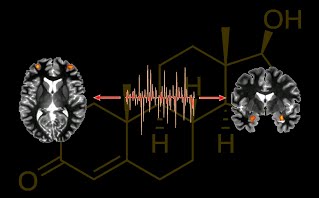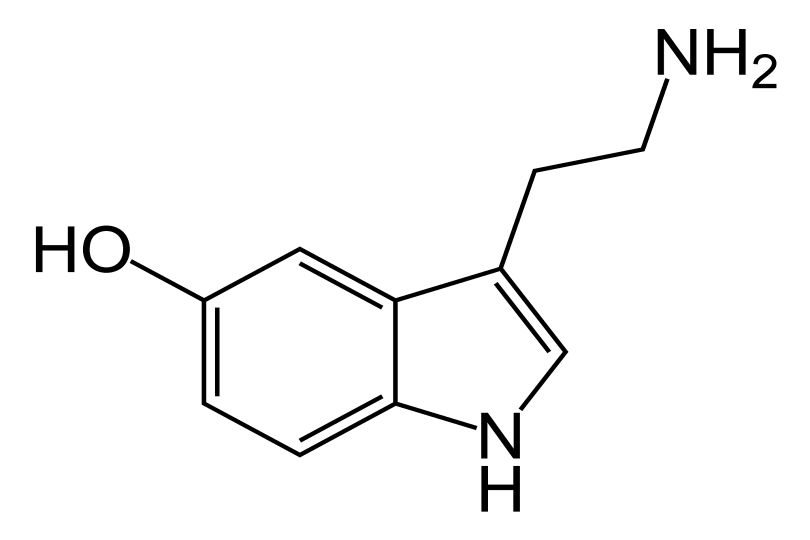This research program encompasses a series of fMRI, MEG and TMS/tDCS studies testing voluntary versus automated control of social emotional behavior. One line of inquiry explores the neuroendocrine control of social approach and avoidance behavior in healthy samples and patients with social anxiety and aggressive disorders, particularly focusing on hormone-brain interactions (Reinoud, Saskia, Anna, Inge Volman, Dorien Enter, Ivan Toni). Second, the ERC funded project “Neurodefense” studies the development of emotional action control and underlying neuroendocrine mechanisms in adolescence (Anna Tyborowska in collaboration with Sanny Smeekens and Toon Cillessen). In addition, we are studying the electrophysiological mechanisms that are involved in controlling automated emotional actions (Bob Bramson). Finally, we investigate the role of bottom-up and top-down processes in emotional attention by combining TMS with visual search tasks and fear conditioning (Manon Mulckhuijse).

Previous research The regulation of social–emotional behavior is crucial for social interactions. Events with a positive or negative valence, such…
Read more
Several research projects aim to investigate the neurobiological mechanisms underlying (mal)adaptive behaviour, by combining hormone interventions with behavioural…
Read more
When control of socio-emotional behavior fails, people fall back on basic “freeze-fight-flight” (FFF) reactions. Chronic failures in emotion regulation…
Read more